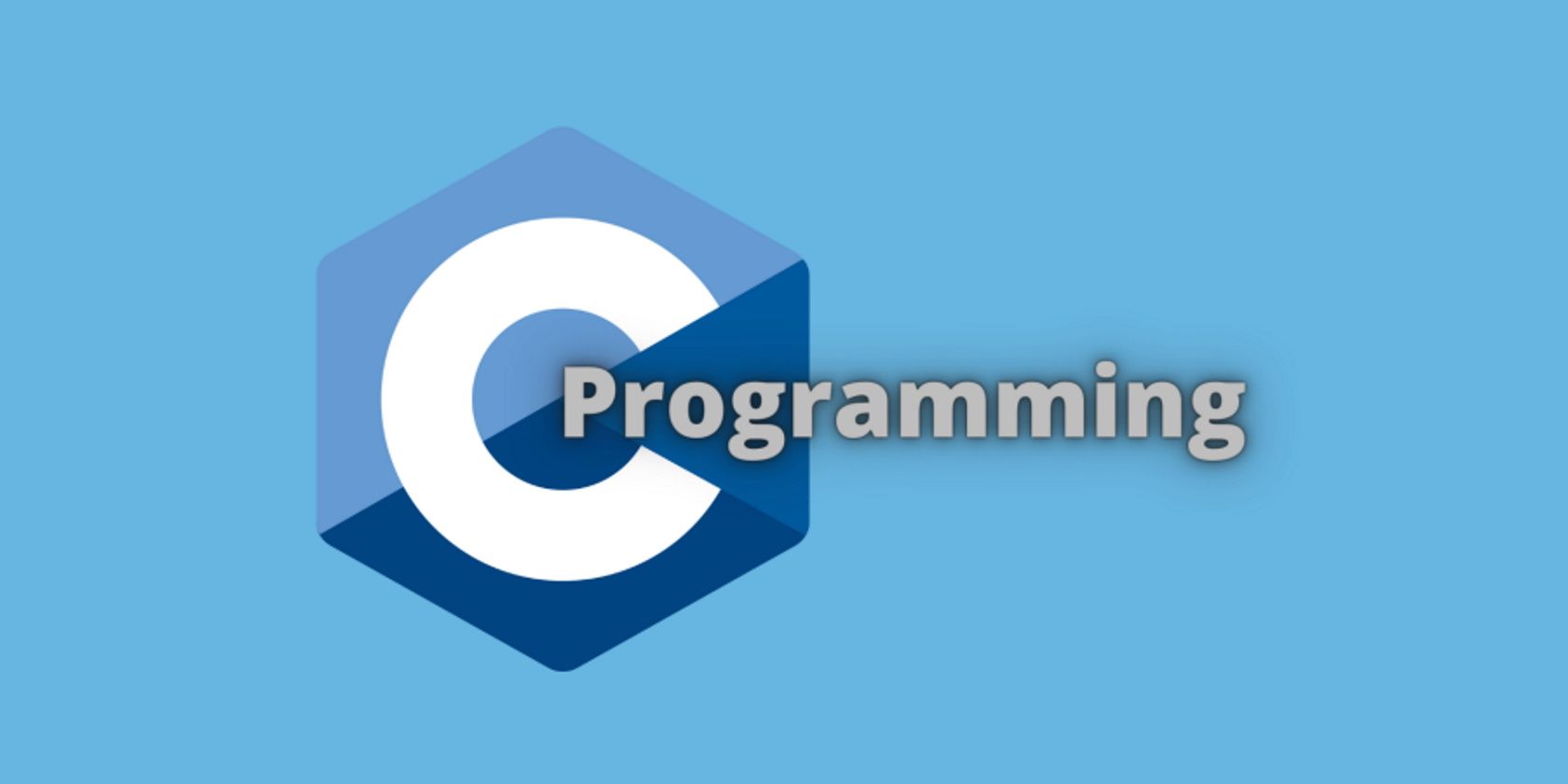Logical Operators in C programming
In C programming, logical operators are used to perform logical operations on expressions, typically involving Boolean values (true or false). They are often used in decision-making constructs like if, while, and for loops.


Note:
Any non-zero value is consider as true in c programming.
Precedence and Associativity of Logical Operators:
|
Operator |
Precedence Level |
Associativity |
|
! |
Highest |
Right-to-left |
|
&& |
Medium |
Left-to-right |
|
|| |
Medium |
Left-to-right |
Explanation of Associativity:
- Right-to-left (for
!):
If multiple "!"operators are used, evaluation starts from the rightmost operator.
example:
int a = 5;
printf("%d", !!!a); // Evaluates as !( !( !a ) )
- Left-to-right (for
&&and||):
When multiple "&&" or"||" operators are used in a single expression, they are evaluated from left to right.
Example:
int a = 10, b = 5, c = 20;
if (a > b && b < c && c > 15) {
printf("True");
}
a > b (true), then b < c (true), and finally c > 15 (true).
Basic questions:
Practice Questions:
- evaluate the expression
- evaluate the expression and explain in detail
-
evaluate the expression
What's Your Reaction?
















